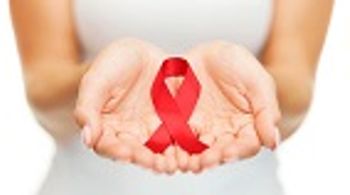
In a recent study, researchers investigated the treatment and prevention of HIV within trauma-informed care.
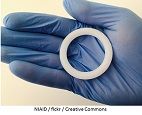

In a recent study, researchers investigated the treatment and prevention of HIV within trauma-informed care.

A team of researchers at the University of California has found that veterans infected with both hepatitis C and human immunodeficiency virus sought treatment more often than those infected with just one of the viruses.

Following the recent United Nations General Assembly meeting to discuss the growing global threat of antimicrobial resistance, health experts are highlighting the role vaccines can play in preventing dangerous infections.
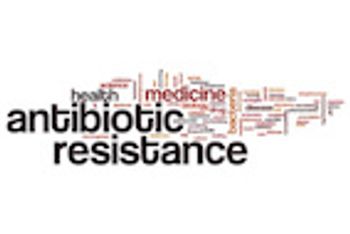
As antibiotic-resistant bacteria continue to endanger public health, greater attention from health officials and new US federal funding aimed at fighting superbugs, signal a new urgency in this battle.
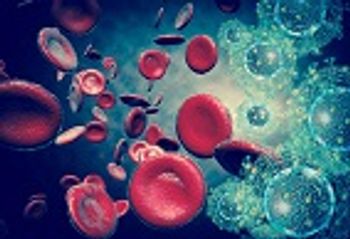
A 44-year-old man from Britain could become the first patient ever to be cured of HIV, thanks to a groundbreaking new therapy developed to eradicate the virus.
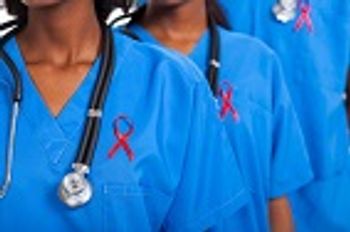
The National Institutes of Health (NIH) has provided funding of $24 million this year to the Adolescent Medicine Trials Network for HIV/AIDS Interventions, the first clinical research group that will focus on youth infected by HIV.
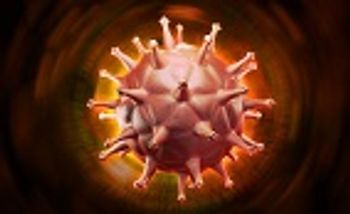
Researchers at the University of Zurich and the University Hospital-Zurich have made a discovery that may contribute to the development of an effective HIV vaccine.
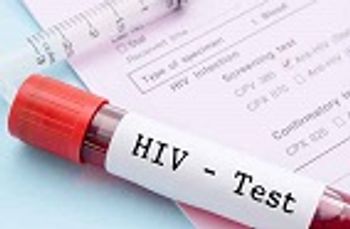
In a recent Morbidity and Mortality Weekly Report, the Centers for Disease Control and Prevention and US Department of Health and Human Services share two reports that specifically focus on men who have sex with men (MSM) living with HIV.

Researchers from the University of Valencia have taken part in an international study that has found that gut bacteria play a role in immune system recovery in HIV patients.
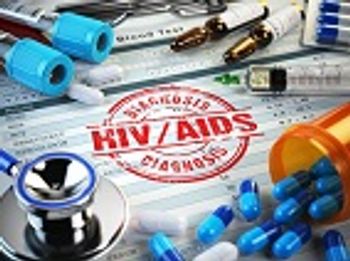
A new study led by researchers at the University of Oxford has offered insight into what happens when pharmaceutical drugs do not work as expected.

David Rosenthal, DO, PhD, medical director for the Center for Young Adult, Adolescent and Pediatric HIV Care at Northwell Health, discusses how close researchers are to finding a cure for HIV.

A new test that can effectively estimate HIV-negative patients’ adherence to prescribed drugs to prevent the transmission of human immunodeficiency virus (HIV) during sexual intercourse has been discovered by researchers at the Skaggs School of Pharmacy and Pharmaceutical Sciences at CU Anschutz.
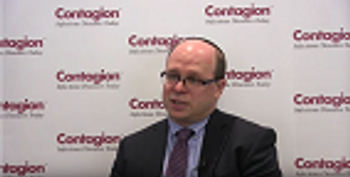
David Rosenthal, DO, PhD, medical director for the Center for Young Adult, Adolescent and Pediatric HIV Care at Northwall Health, explains why condom use is still recommended for HIV patients on antiretroviral therapy.
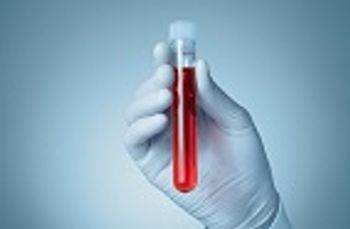
Researchers from Nanjing Biopoint have made a breakthrough when it comes to fighting HIV through the development of a product that uses certain material when collecting blood samples that can separate the plasma from the rest of the blood, allowing the sample to be safely sent to a testing center.
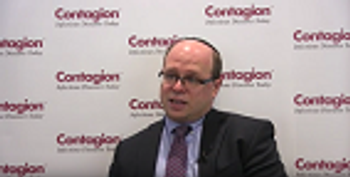
David Rosenthal, DO, PhD, medical director at the Center for Young Adult, Adolescent and Pediatric HIV Care at Northwell Health, reflects on a JAMA study, which states that use of antiretroviral therapy reduced the risk of HIV transmission during condomless sex.
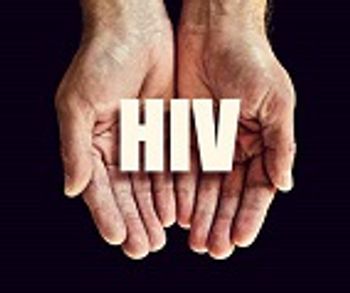
Tanner White, a marine who has been diagnosed with HIV is making strides in fighting HIV-associated stigma by providing the public with education on the virus through the creation of his nonprofit organization called, “A Positive Tomorrow.”

Researchers at the Vanderbilt University School of Medicine have found that HIV-infected adults with depression are at a higher risk for cardiovascular disease and are more likely to experience heart attacks.

Researchers from the Copenhagen University Hospital of Denmark find that individuals who are hospitalized with infections have an increased risk of suicide ideation and death; individuals infected with hepatitis and HIV or AIDS have the highest risk of suicide-related death.
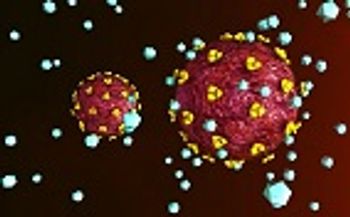
A new study finds that a balance of mutations, ones that impair the immune system’s ability to detect the HIV virus, and ones that impair the virus’s ability to replicate, will influence the speed of disease progression.

A UNC bioethicist is leading the PHASES Project, funded by a grant of over $3 million from the National Institutes of Health, in an effort to address the need for effective HIV prevention and treatment options for pregnant women worldwide.
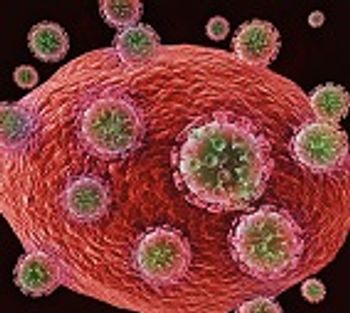
An essential component of HIV that explains how the virus infects other cells and remains undetected by the immune system has been discovered by researchers at the MRC Laboratory of Molecular Biology in Cambridge and the University of London.
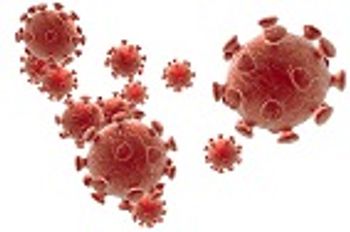
A new study conducted by researchers at John Hopkins Medicine has found that most of the proviruses in the latent HIV reservoir are defective but the current methods used to measure size of reservoirs, PCR and QVOA, are not precise in their measurements in that their results often count proviruses with and without defects.

Collateral damage from the ongoing opioid abuse epidemic in the United States continues to plague many rural communities across the country, with recent reports suggesting it is likely behind clusters of HIV cases in these areas.
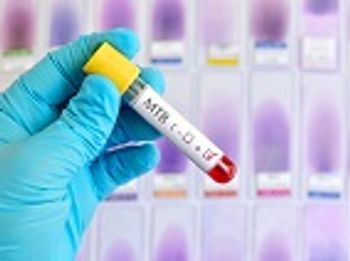
Researchers have found that although HIV makes individuals more susceptible to acquire tuberculosis, it is not the cause of the spread of multidrug-resistant tuberculosis.
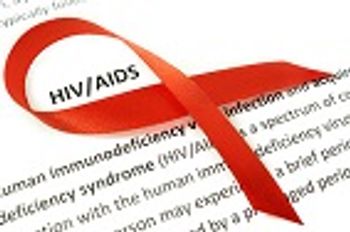
Although several ambitious initiatives intended to put an end to the AIDS epidemic have been developed and implemented, this laudable goal will be difficult to achieve without substantial and wide-scale changes in HIV prevention strategies.